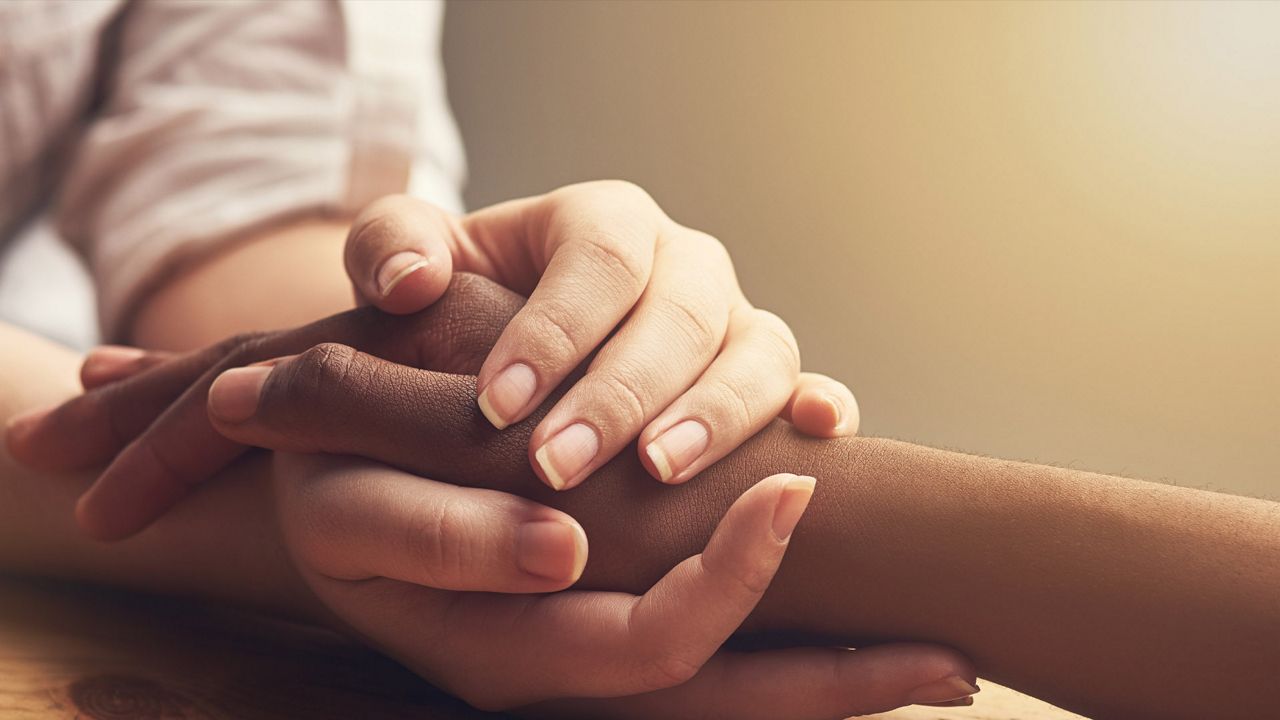CINCINNATI — Those who have been through the darkest times can be a light for others. And two Cincinnati residents embody this truth when it comes to building adverse childhood experience resilience in their communities.
Bettie Johnson recalls her trauma. “I did encounter some ACEs. I did have a father that experienced some drug addiction.”
On top of that, Bettie became a mom at 17 and 19.
The Cincinnati-born resident grew up not far from Maurice Stewart.
Maurice faced his own set of adverse childhood experiences, including homelessness and poverty.
“Yeah. It was certainly humbling.”
What’s humbling may also be highly stressful.
Researchers find that the adverse experiences youth encounter can produce stress affecting how youth react to situations that many of us don’t ever stop to consider. That might be why both Bettie and Maurice used the exact same word when I asked them separately about what their work offers today’s youth.
Maurice explained, “I empathize. Empathy is important. First, letting them know that hey, you see me, right? Sometimes there’s a lot of students who may look like myself.”
While Bettie said, “Empathy, and maybe having that ‘I know what you’re going through’ — that perspective. It’s really important in doing this work.”
Bettie’s work is as an operations coordinator for health care access now. Her efforts make it easier for those needing pre-natal and other forms of health treatment to get it.
Maurice is the program director of Upspring, which provides educational services to homeless children. It’s here that Maurice, who also just signed on to be a professor at the University of Cincinnati, can give back in the mentoring role he found so critical as a kid.
“There’s not a teacher who didn’t tell me and made me feel like I can be whatever I wanted to be. And that was important for me. I needed that. If I didn’t that, I don’t know where I would be today.”
As Maurice credits teachers for helping his resilience, Bettie talks about a transcendent source of strength. “I would say, number 1, a lot if it is my spirituality that has kept me grounded from a very young age.”
In fact, Bettie is also now a minister in a local congregation.
ACEs resilience is built through a ministry in its own right — a quality relationship between an adult and child. And though family is important, Bettie found that a good relationship with a non-family member helped her. “(I had) a non-judgmental support and a listening ear in those moments, where, even if family could try to help, was a better support in that situation.”
So what advice do both give kids experiencing trauma today?
Maurice is about mentoring. “I would encourage them to seek a mentor. Seek someone that can be a friend, that can help guide them—help, you know, encourage them.” Bettie focuses on perspective. “It’s not going to be the same way forever. Just keep going. Don’t ever stop.”
Bettie and Maurice: two examples that overcoming aces can start with simple steps in the right direction.



